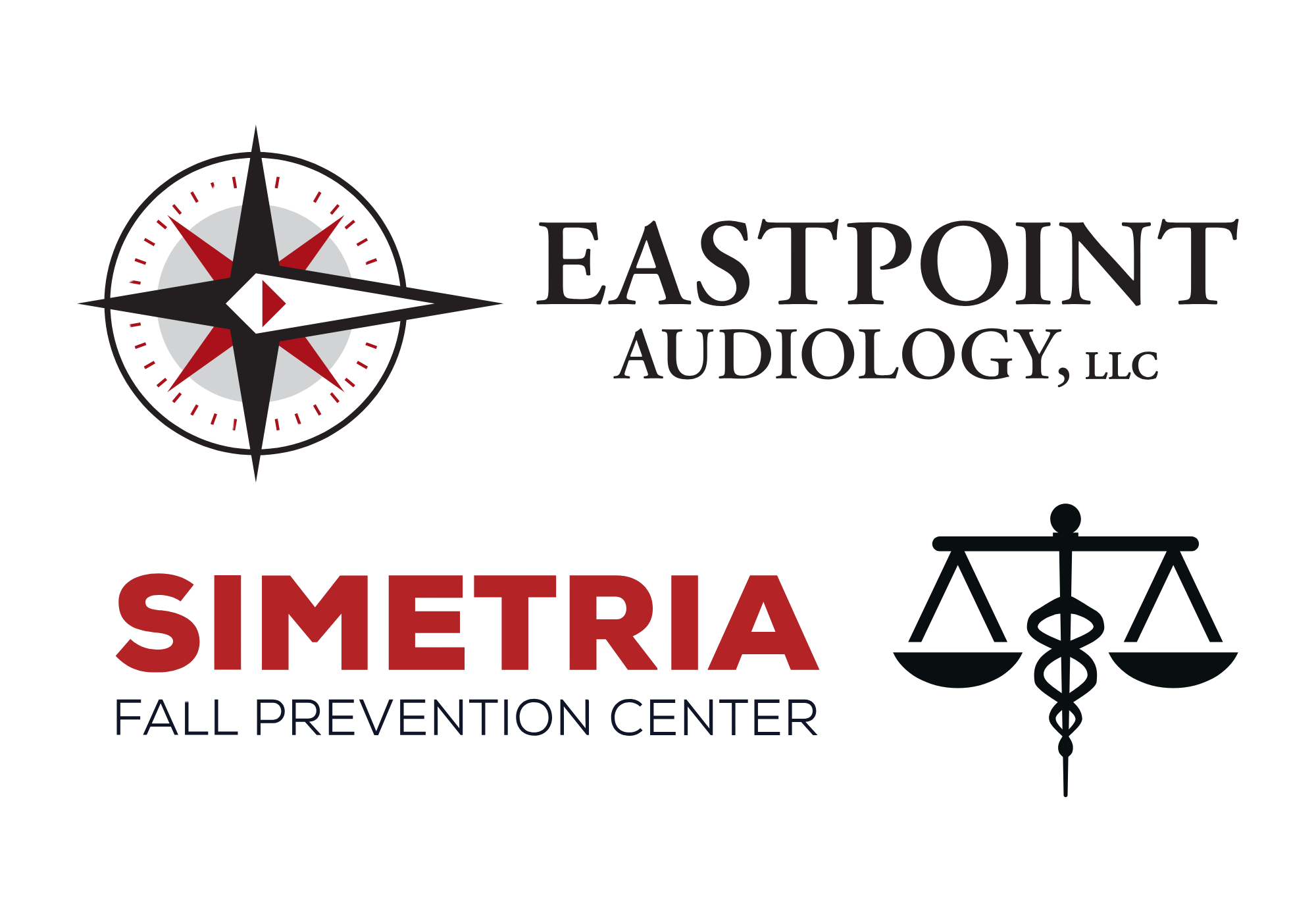
Does hearing loss get worse as you get older? Hearing loss is one of the most prevalent conditions affecting all adults as they get older, but it is a gradual process. In fact, over 50% of individuals 75 and older have a hard time hearing.
Presbycusis
The slowly advancing condition of hearing loss as we get older is commonly known as presbycusis. There is no one definitive cause for this occurrence, but it is usually considered a combination of many factors.
As we get older, our ears go through changes. There are little hair cells in your ears that detect waves of sound and transmit the signals to the brain to be translated as sound.
The onset of hearing loss occurs when the hair cells become damaged or die. Hearing loss that is the result of damage to these hairs is irreversible as these hairs never restore.
The following are some causes of hearing loss:
- Hearing loss can be the outcome of several medical conditions, including diabetes.
- Hearing loss risk is raised by specific drugs including chemotherapy drugs.
- Heredity plays a role in hearing loss.
- Smoking raises the risk of hearing loss.
- Loud noises like going to concerts regularly or working in a setting with continual loud noise.
- Using headphones when listening to loud music can increase the risk.
Some typical symptoms of age-related hearing loss
Common symptoms of presbycusis include lack of clearness when people speak, difficulty hearing soft voices including kids, and difficulty hearing when there’s background sound.
Other signs of hearing loss include regularly needing people to repeat what they said, ringing in the ears, and needing to turn up the volume on the TV.
Treating age-related hearing loss is important
Quality of life will be negatively affected by untreated hearing loss. Anxiety, depression, despair, social withdrawal, compromised relationships, and an increased risk of developing dementia are all ways that untreated hearing loss can have a negative impact on your quality of life.
Instead of these problems, consider possible treatments, like hearing aids, sign language for people with extreme hearing loss, telephone amplifiers, lip reading, or a cochlear implant.
Struggling with age-related hearing loss isn’t something that anybody should have to do. You can still live a full and enjoyable life.
If you or someone you love is struggling with hearing loss, contact us today to schedule a hearing assessment!
Call Today to Set Up an Appointment
References
Older Adults — Hearing Health Foundation
Hearing Loss: A Common Problem for Older Adults | National Institute on Aging (nih.gov)
Seniors and Hearing Loss – American Academy of Audiology
